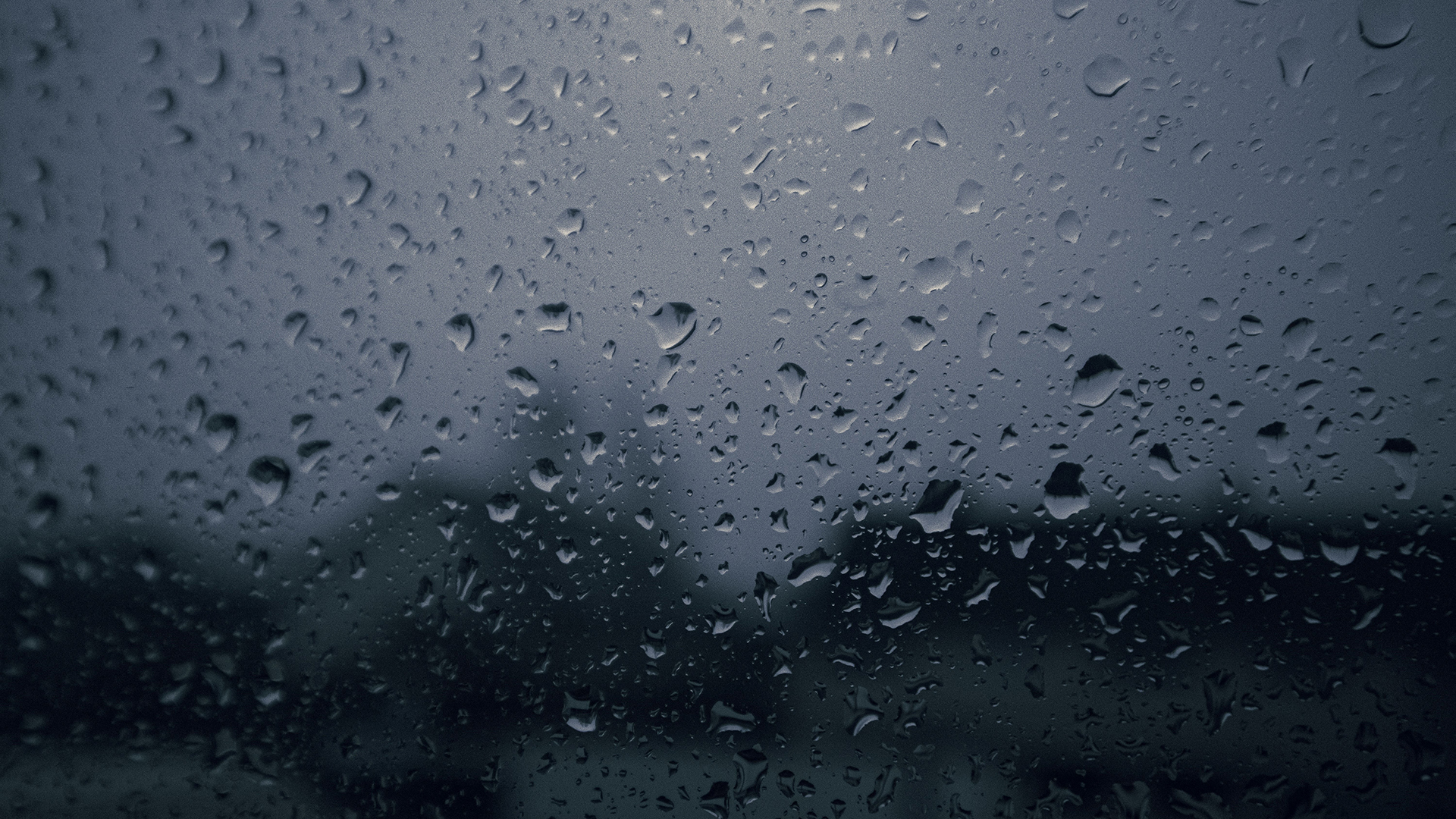A wintry week with more warnings issued
Author: Press Office
12:15 (UTC) on Mon 18 Nov 2024
It will be a cold and unsettled week across the UK. Snow and ice will cause disruption for some, with new warnings issued.
An Arctic maritime airmass already over northern Britain spreads southwards into the rest of the UK on Tuesday, in wake of an Atlantic low clearing into northwestern Europe.
Yellow National Severe Weather Warnings for snow and ice are currently in place from Monday to Wednesday, affecting parts of Scotland, the whole of Northern Ireland, and parts of northern England, north Wales and the north Midlands.
Dan Suri is a Chief Meteorologist at the Met Office and said: “An area of low pressure slides its way eastwards on Monday night. The associated frontal system, marking the boundary between cold air in the north and milder conditions to the south, will bring disruptive snow to some areas between Monday evening and Tuesday morning.
“This is likely to coincide with rush hour, leading to disruption to some transport routes across a central swathe of the UK on Tuesday morning. It will also be windy in the far south.
“Updates to the warnings throughout the week are likely, so it is important to stay up to date with the latest forecast”
Current Yellow Severe Weather Warnings for snow and ice
⚠️ Yellow weather warning issued ⚠️
— Met Office (@metoffice) November 18, 2024
Snow and ice across northern parts of Scotland
Monday 1600 – Wednesday 1000
Latest info 👉 https://t.co/QwDLMfRBfs
Stay #WeatherAware⚠️ pic.twitter.com/9nHbxha8iY
Northern Scotland
Snow and hail showers will affect northern parts of Scotland at times, becoming heavier and more frequent on Monday night, through much of Tuesday and then overnight into Wednesday morning. Two to 5 cm of snow is likely to accumulate quite widely, with up to 10 cm in some places by the end of Tuesday, and perhaps 15 to 20 cm accumulating above 300 metres.
Showers may be sleety at times along north-facing coasts, although icy surfaces are likely at times.
⚠️ Yellow weather warning issued ⚠️
— Met Office (@metoffice) November 18, 2024
Snow and ice across Northern Ireland
Monday 1500 – Tuesday 1000
Latest info 👉 https://t.co/QwDLMfRBfs
Stay #WeatherAware⚠️ pic.twitter.com/s3GsXE4eHz
Northern Ireland
Outbreaks of rain will arrive from the west during Monday afternoon, turning to sleet and perhaps wet snow at times during the afternoon, evening and first part of the night. Snow is expected on high ground above 200 to 300 metres, where several centimeters of snowfall is likely, and perhaps 5 to 10 cm across the higher parts of the Sperrins and Mournes.
Settling snow looks unlikely on low ground. However, as skies clear overnight, temperatures will fall widely below freezing with ice forming on untreated surfaces. This will lead to difficult travelling conditions.
⚠️ Yellow weather warning UPDATED ⚠️
— Met Office (@metoffice) November 18, 2024
Snow and ice across northern England, North Wales and northern parts of the Midlands
Monday 1900 – Tuesday 1000
Latest info 👉 https://t.co/QwDLMfRBfs
Stay #WeatherAware⚠️ pic.twitter.com/Zs55o5GOaW
Northern England, North Wales and northern parts of the Midlands
A period of rain, sleet and snow will occur during Monday evening, overnight into Tuesday morning.
The most likely scenario is for most of the snow to accumulate on hills, with 5 to 10 cm possible above 200 metres and perhaps as much as 15 to 20 cm above 300 metres. Some snow will settle to lower levels, where 5 to 10 cm would prove much more disruptive - this remains uncertain, but seems most likely across parts of Yorkshire and Derbyshire.
As rain, sleet and snow clear on Tuesday morning, icy stretches are are likely to form on untreated surfaces.
National Highways Severe Weather Resilience Manager, Darren Clark said: “Gritters will be out treating our roads around the clock when ice or snow is forecast, but it is still important to drive to the conditions.
“Keep your distance and reduce your speed, because even in conditions that seem normal, and where the snow is not settling, it can be slippery if ice patches have formed, or where fresh grit has not been worked into the carriageway.
“Drivers should plan their journeys, monitor weather reports and pack a snow kit of blankets, food, water and a shovel.”
Find out more about preparing for severe weather on our WeatherReady pages.
In addition to the severe weather warnings, amber and yellow Cold Health Alerts have been issued by the UKHSA, which provides alerts for the health sector in England.
A cold and windy week
As that front clears on Tuesday, it leaves us with cold northerly winds, and things turn much colder for all areas across the UK for the rest of the week. Daytime temperatures will be in the low single figures for most, potentially slightly less cold in the far south, though sub-zero wind chill is likely. Despite the cold temperatures, there will be a good deal of sunshine away from the wintry showers near the coasts.
Further snow accumulations are expected across the week, mostly by night at low levels, in northern Scotland and exposed parts elsewhere. There remains a small possibility of a more organised band of rain or snow affecting the far south west through Thursday as a larger system runs into the continent, though most models suggest this keeping to the English Channel.
Turning milder and wetter for the weekend
As we head towards the end of the week, it looks like there will be an upswing in temperatures, with things turning milder, wetter, and possibly much windier for the weekend.
You can find the latest forecast on our website, on YouTube, by following us on X and Facebook, as well as on our mobile app which is available for iPhone from the App store and for Android from the Google Play store.






